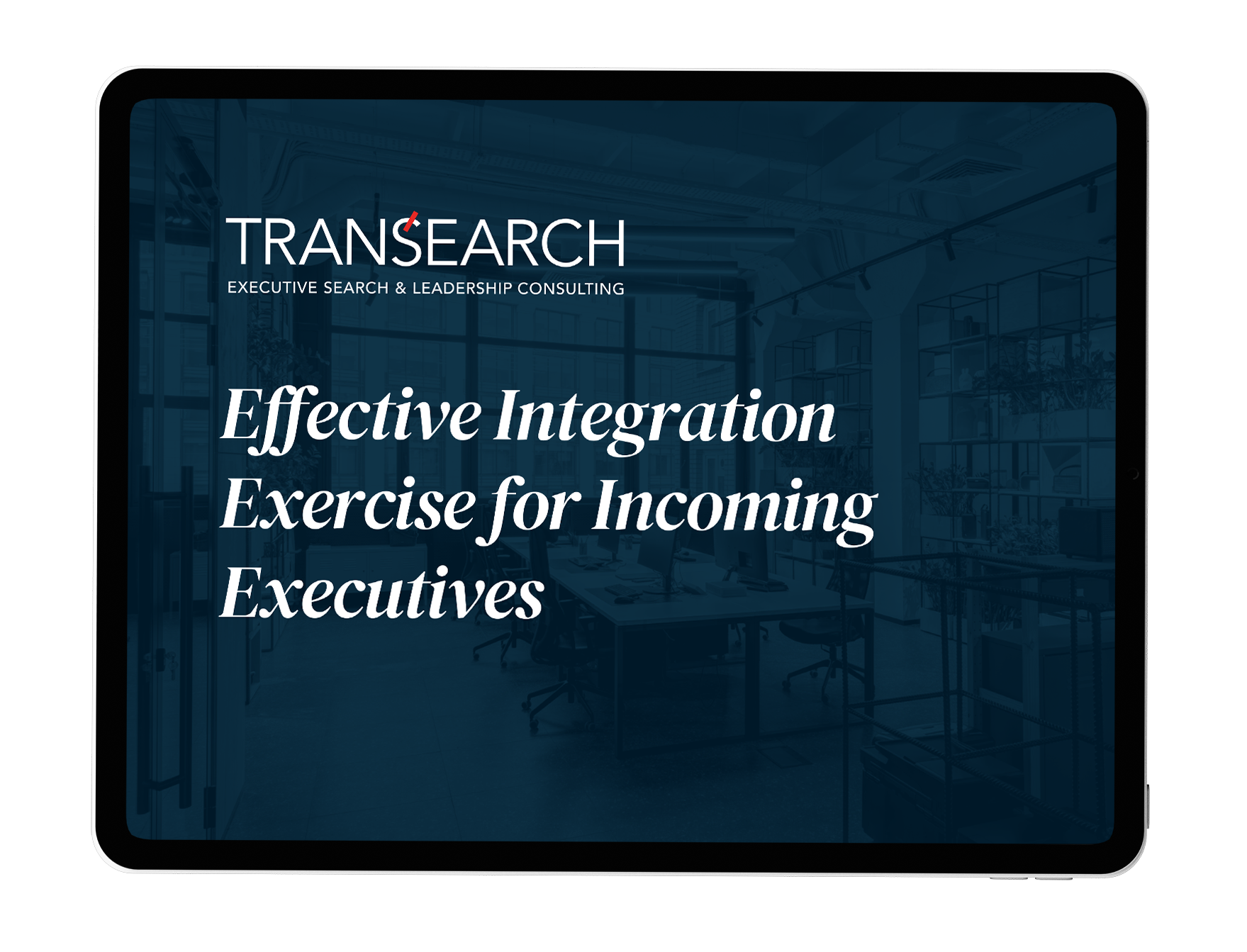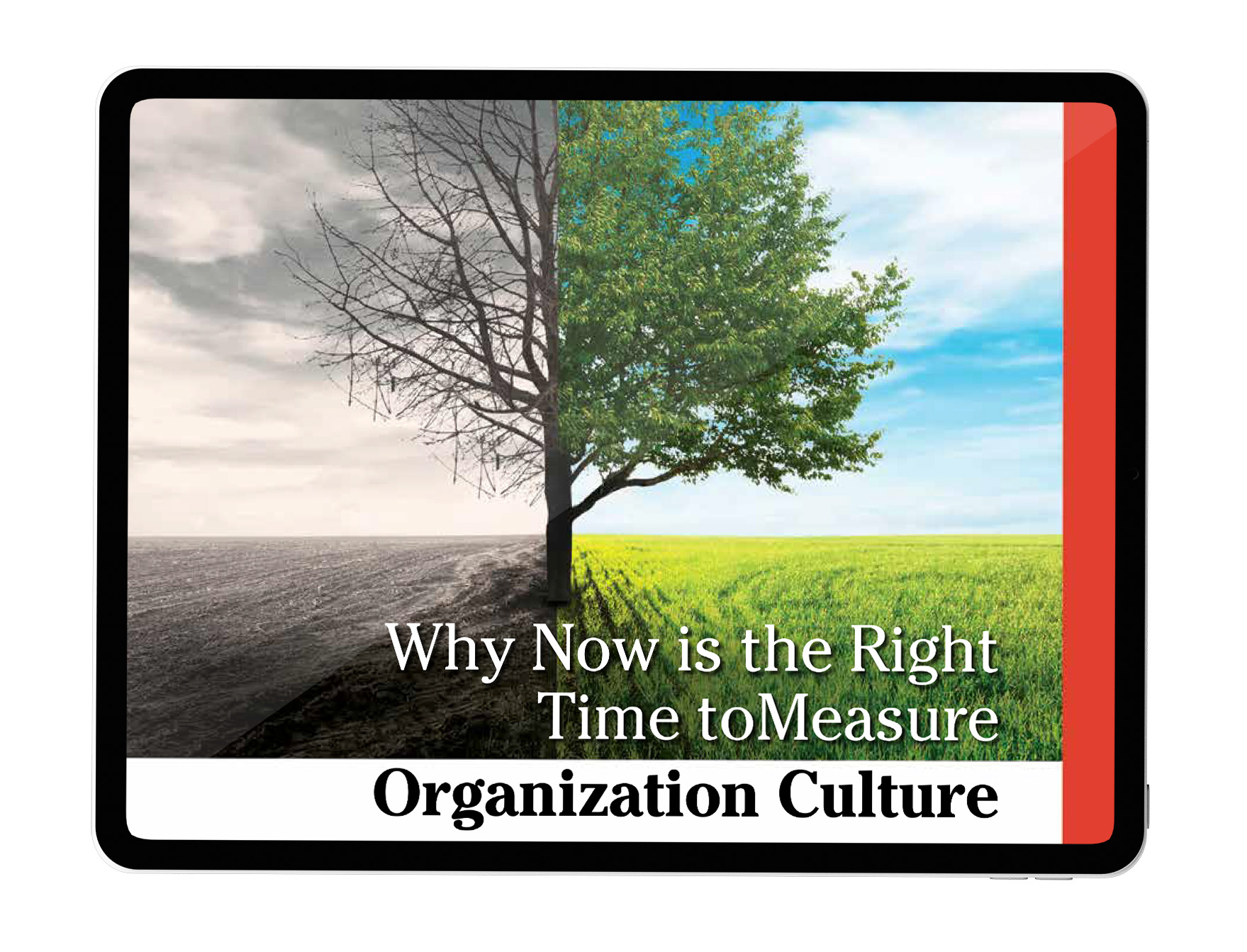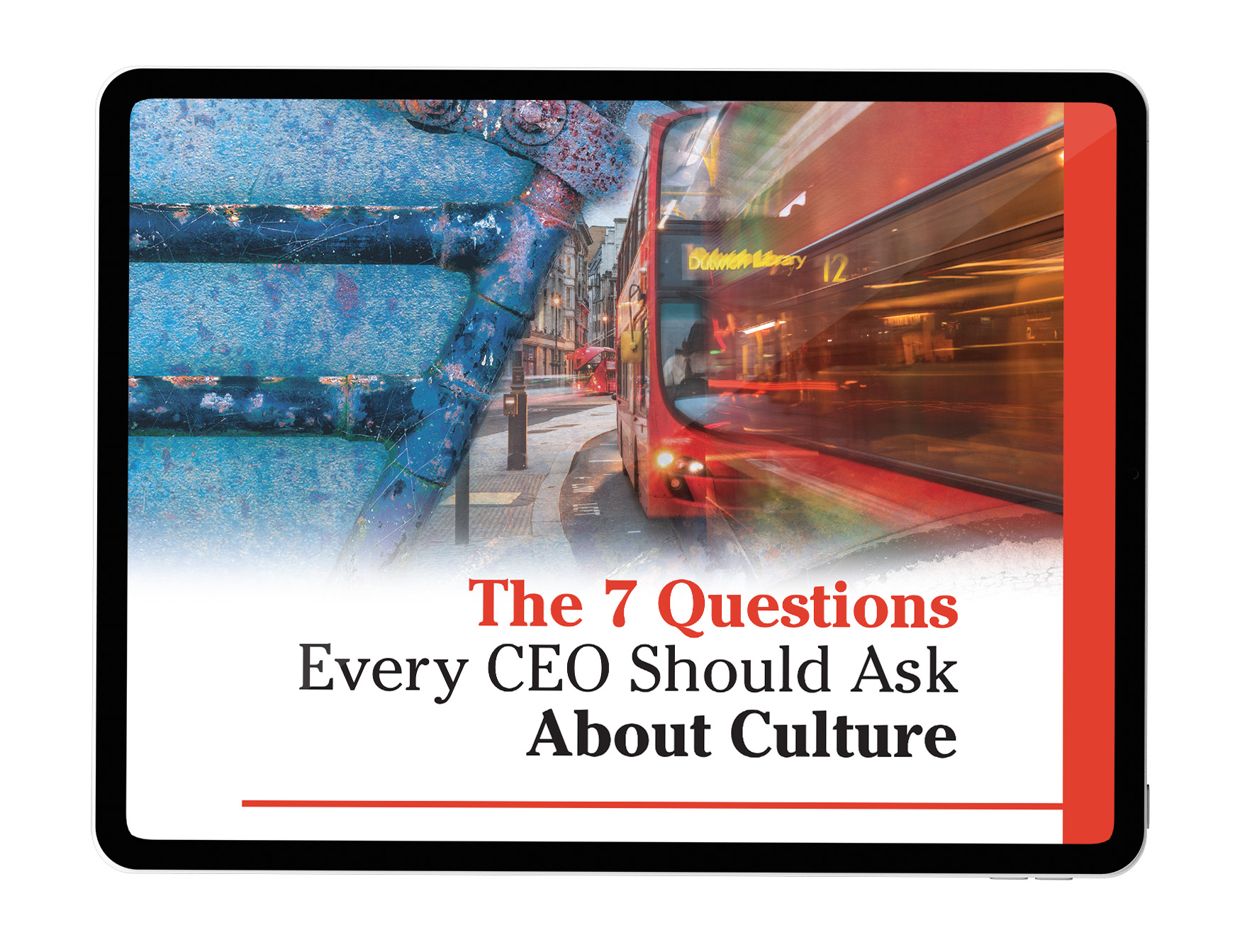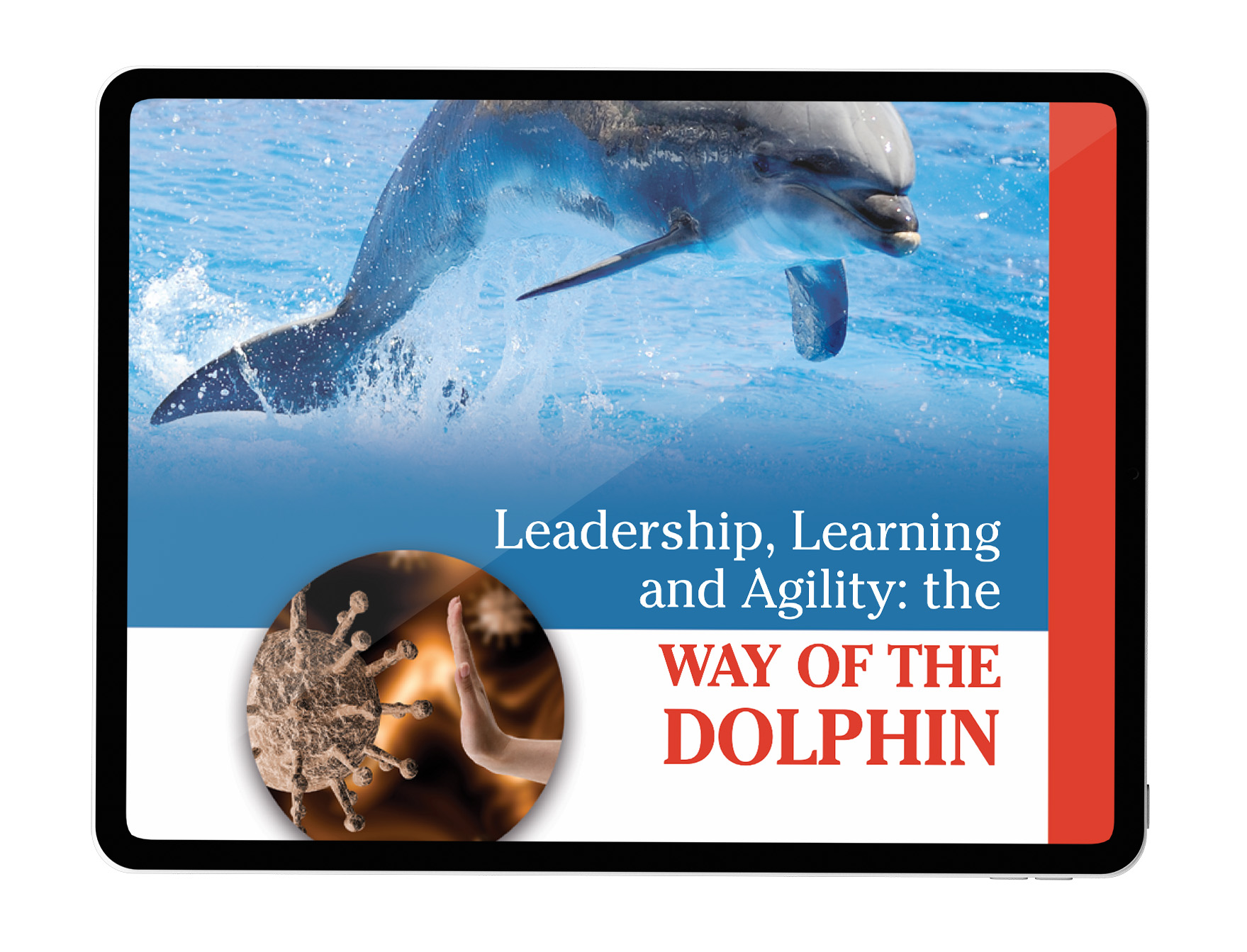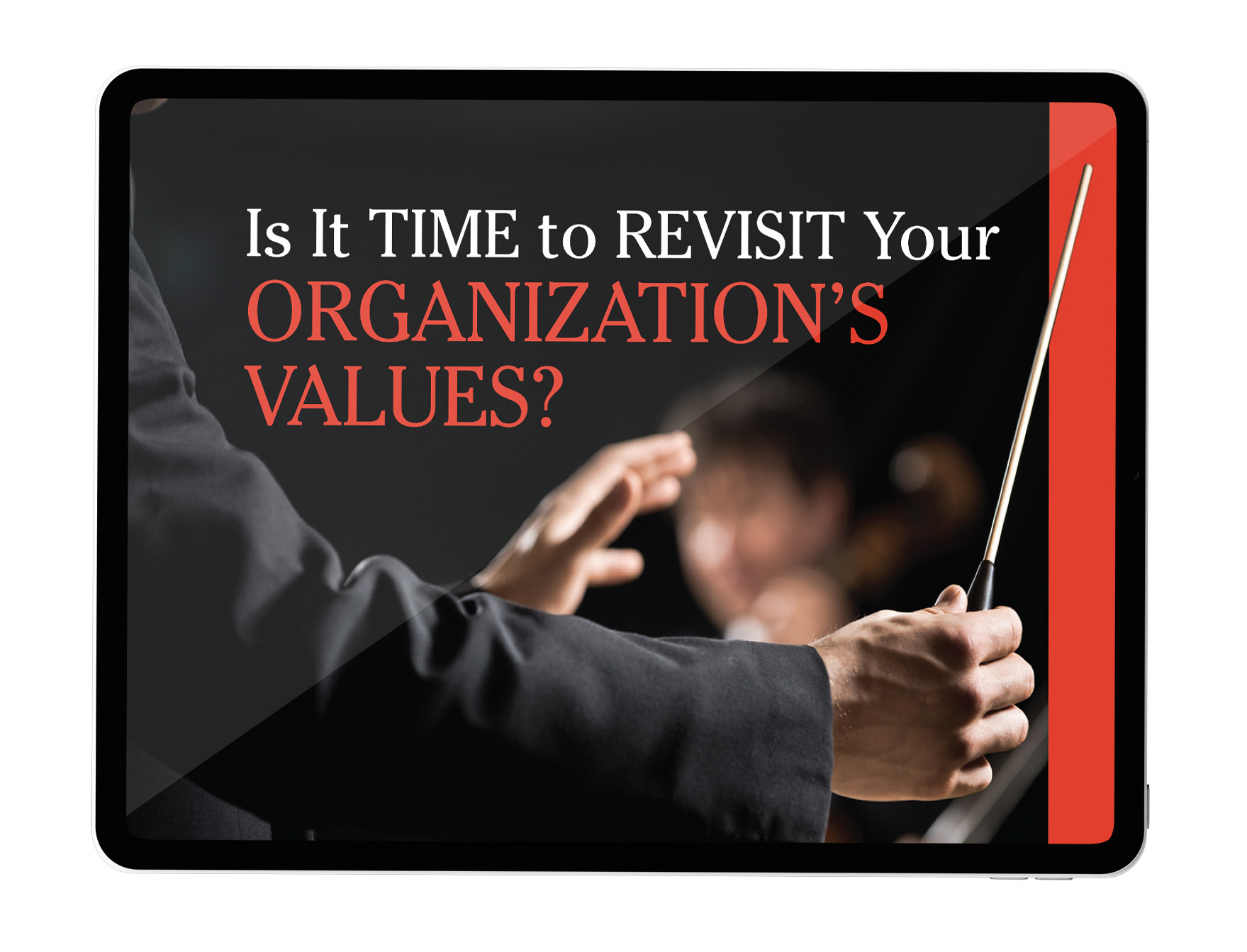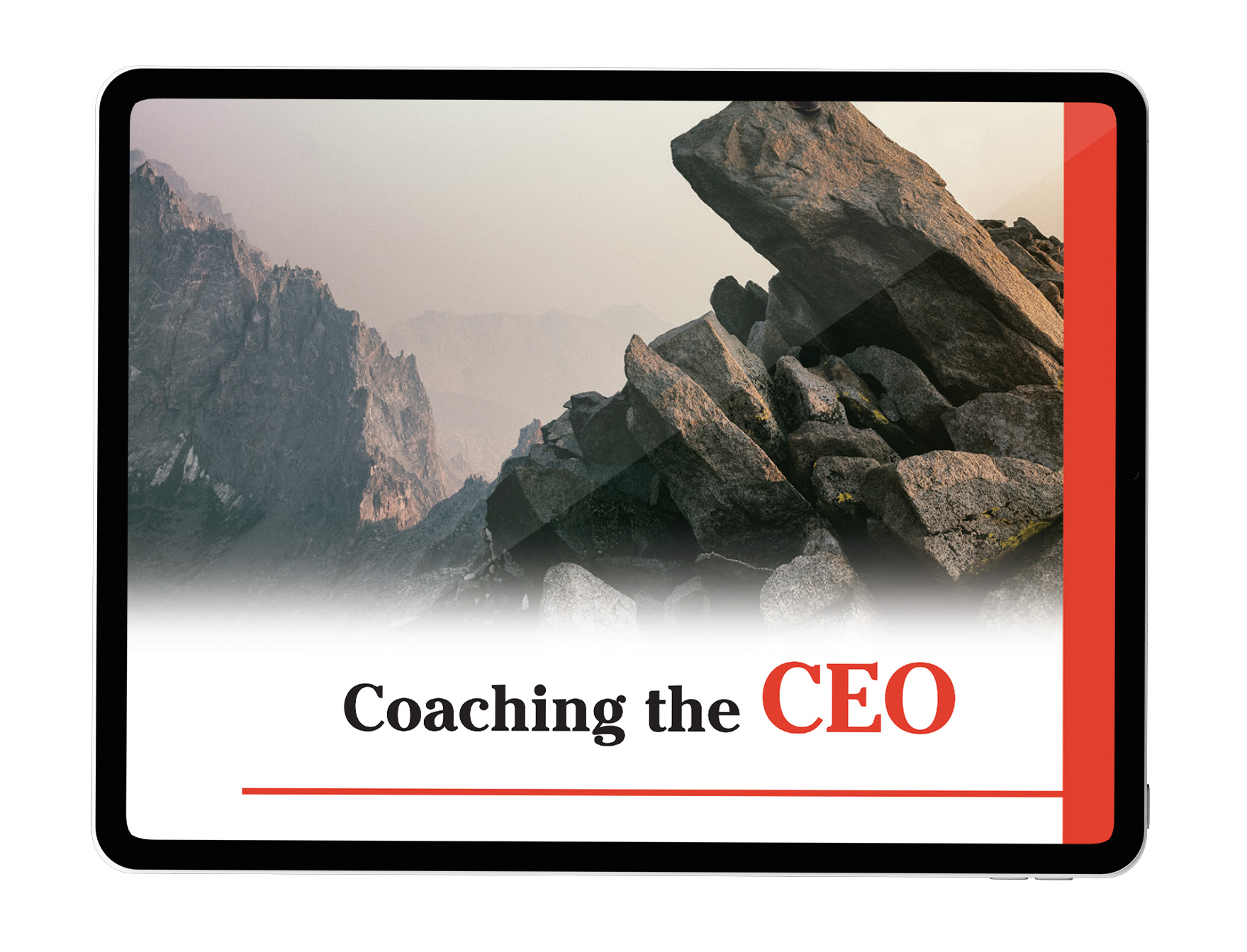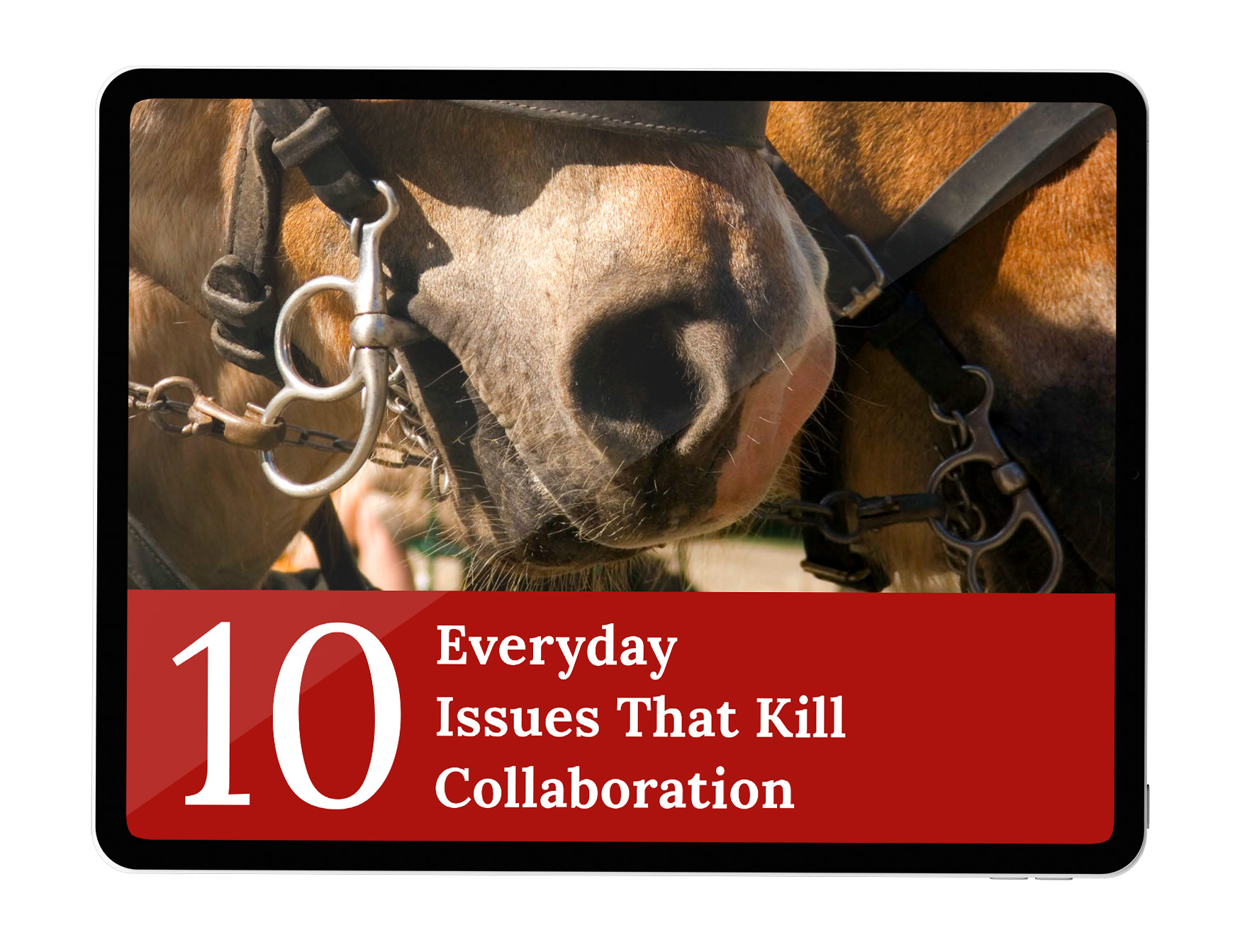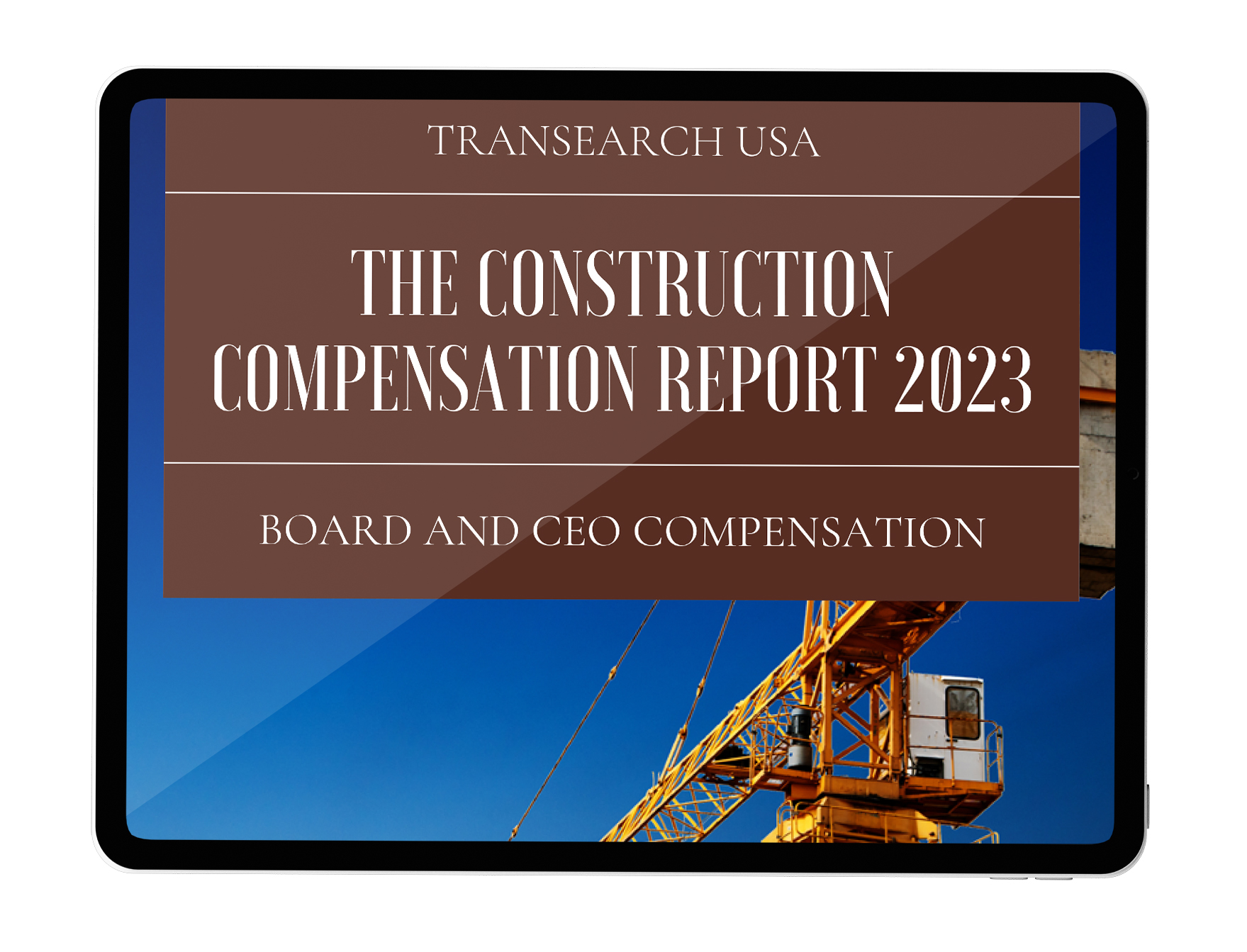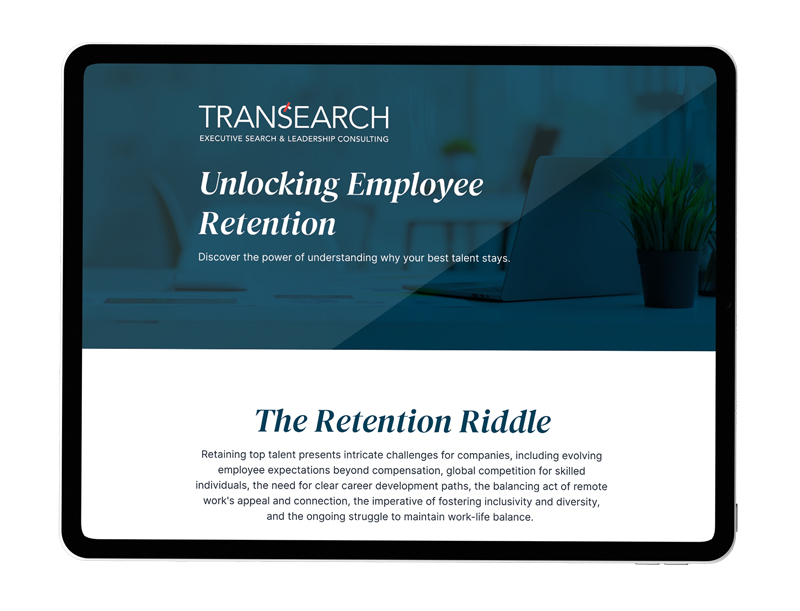Recruiting, hiring, and training new employees are some of the biggest pain points of operating a business. When you need to fill an open position within your organization, promoting talent from within can offer significant advantages compared to external recruitment efforts. Internal promotions can benefit companies in several ways, including boosting morale, cutting costs, and reaffirming an organization’s commitment to its workforce.
While there is no one-size-fits-all approach to management, the following five benefits of promoting leaders from within might make you reconsider how your organization recruits and retains talent.
1. Increased Employee Retention and Engagement
Since it’s easier than ever to change jobs nowadays, opportunities for career growth and advancement are becoming increasingly important for retaining your organization’s top talent. Developing and implementing clear career pathways can reaffirm your employees’ sense of belonging and optimism about their professional future within your organization.
The opportunity for internal promotion can increase employee retention by demonstrating to employees that hard work is rewarded at your organization and make seeking employment elsewhere less attractive. Investing in retention through internal promotion strategies can also foster a culture of increased job satisfaction and loyalty, leading to heightened engagement.
2. Preserved Knowledge and Organizational Culture
When you hire outside talent, it takes time for the new employee to learn the responsibilities of the job, develop relationships, and understand the required software, tools, and processes. On the other hand, promoting from within can minimize learning curves since the employee is already aware of and integrated into the organization’s structure. Tenured employees bring institutional knowledge to their new role that can be invaluable to your organization by preserving its knowledge and culture.
3. Decreased Recruiting Cost and Time
External recruitment can be an expensive and time-consuming process; recruitment fees, advertisement costs, and other expenses associated with onboarding new employees can quickly add up while a role is vacant. The longer a position remains open, the more expensive your search will be in the end. In contrast, promoting from within can eliminate those costs while also saving time.
Promoting from within typically enables your company to fill open roles quicker than hiring outside talent. Since they already know the company’s processes and systems, internal candidates often require a shortened training period and can begin making meaningful contributions sooner.
4. Improved Succession Planning and Talent Development
Structured succession planning and proactive talent development are integral components of strategic business planning. By identifying potential leaders within your organization, you can tailor training and developmental initiatives to prepare them for future roles.
Nurturing succession planning and talent development can cultivate a robust pipeline of equipped, ready-to-lead candidates, ensuring the company’s resilience against unforeseen vacancies or rapid growth demands.
5. Boosted Team Morale and Performance
The positive impact on team morale when a peer is promoted can be substantial, and result in enhanced team performance and greater collaboration. Promoting from within demonstrates the organization’s faith in its team by rewarding merit and hard work. It can also signal to outside candidates and employees that there is room to grow and improve their careers at your organization, leading to improved recruitment efforts in competitive markets.
Access Top Programs for Leadership Development with TRANSEARCH
Developing a strategy for promoting leaders from within can have a profound impact on an organization’s culture and success. Internal advancement encourages higher retention rates, bolsters employee engagement, leverages a pre-existing alignment of company values, accelerates the adjustment period typically associated with new leadership roles, and often results in considerable cost savings.
Though external hires certainly have their place, there’s an undeniable value in recognizing and elevating existing talent to cultivate effective leaders who are committed to your company’s unique vision.
If you are ready to start turning your team members into exceptional leaders, contact us today to discover our leadership development programs.











